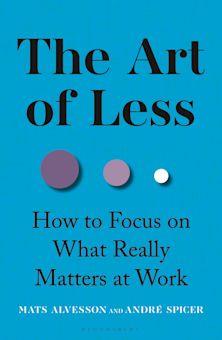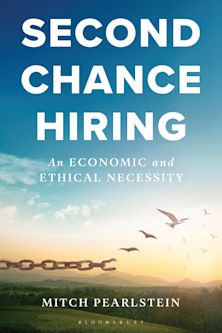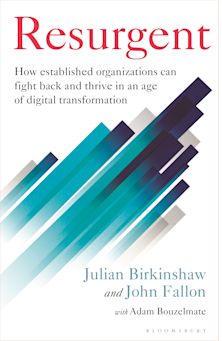- Home
- NON-FICTION
- Business, Economics & Management
- Business & Management - General
- Management from the Masters
Management from the Masters
From Confucius to Warren Buffett Twenty Timeless Principles for Business
Management from the Masters
From Confucius to Warren Buffett Twenty Timeless Principles for Business
This product is usually dispatched within 2-4 weeks
- Delivery and returns info
-
Flat rate of $10.00 for shipping anywhere in Australia
You must sign in to add this item to your wishlist. Please sign in or create an account
Description
The belief that everything is changing led to the disasters of the dotcom era. This book reminds us that some fundamental rules do still apply by taking readers through 20 imperatives derived from the wisdom of great leaders and management theorists including Peter Drucker, Henry Fayol, Andrew Grove and bankers and financiers such as Thomas Gresham and Warren Buffet.
This entertaining run down of the fundamental laws, rules and principles business professionals should break at their peril is complemented by case studies that document the consequences of ignoring these key laws. Management from the Masters is a book to be read and re-read to reinforce the fundamental rules of business for all successful managers.
Table of Contents
Introduction
Part 1 The Laws of the Universe
1 The Law of Entropy (Time's Arrow)
2 Darwin's Rule
3 The Rule of Yin and Yang
4 The Law of Unintended Consequences
Part 2 The Laws of Human Behaviour
5 The Hierarchy of Needs
6 Confucius's Golden Rule
7 Kautilya's Rule
8 Buffett's Rule
9 Grove's Rule
Part 3 The Laws of Organisation
10 Moore's Law
11 The Pareto Principle
12 Rule of the Span of Control
13 Parkinson's Law
14 The Iron Law of Oligarchy
15 The Peter Principle
16 Gresham's Law
17 Martin's Rules
18 Fayol's Fourteen Points
19 Deming's Fourteen Points
20 Drucker's Rule
Bibliography
Product details
| Published | 27 Feb 2014 |
|---|---|
| Format | Hardback |
| Edition | 1st |
| Extent | 160 |
| ISBN | 9781472904751 |
| Imprint | A&C Black Business Information and Development |
| Dimensions | 234 x 153 mm |
| Publisher | Bloomsbury Publishing |
About the contributors
Reviews
-
Morgen Witzel's new text covers millennia of distilled management wisdom. The author has an almost-encyclopedic knowledge of the field. The book is both highly readable and informative and truly brings the topic to life. It should thus have a wide appeal to students, lecturers and practitioners.
Malcolm Warner, Professor and Fellow Emeritus, Wolfson College and Judge Business School, University of Cambridge
-
A rip-roaring history of managerial, philosophical and scientific thought that captures twenty enduring principles of human and organisational behaviour. Few other authors could cover so broad and complex a range of ideas in such a straightforward and engaging manner.
Richard Bolden, Professor of Leadership and Management, University of the West of England, UK
-
This entertaining book offers time tested wisdom and provides insights that will be instantly useful to anyone involved in business.
Peter L. Howell, Managing Director, Rabobank International
-
Morgen Witzel, one of the world's leading management historians has done it again. He has written another outstanding book that is a pleasure to read and at the same time makes us think deeply about important management principles that are historical yet entirely relevant for our challenging global economy.
Karl Moore, Associate Professor, McGill University
-
Did you know that the law of entropy as applied to business derives from the second law of thermodynamics? Or that Arthashastra, Kautilya's classic work on politics and leadership, was written in India over 2,300 years ago? Or that the 'concept of the span of control was first formally identified by the Lithuanian engineer V.A. Graicunas in the early 1930s'? These and many other fascinating references, all still highly relevant to contemporary – and doubtless to future - business practices, are peppered throughout Morgen Witzel's delightful and thought-provoking volume of cautionary notes. They are culled and interpreted from sages across the globe and centuries, and concern the art and practice of managing.
Bob MacKenzie, Organizations and People magazine



































